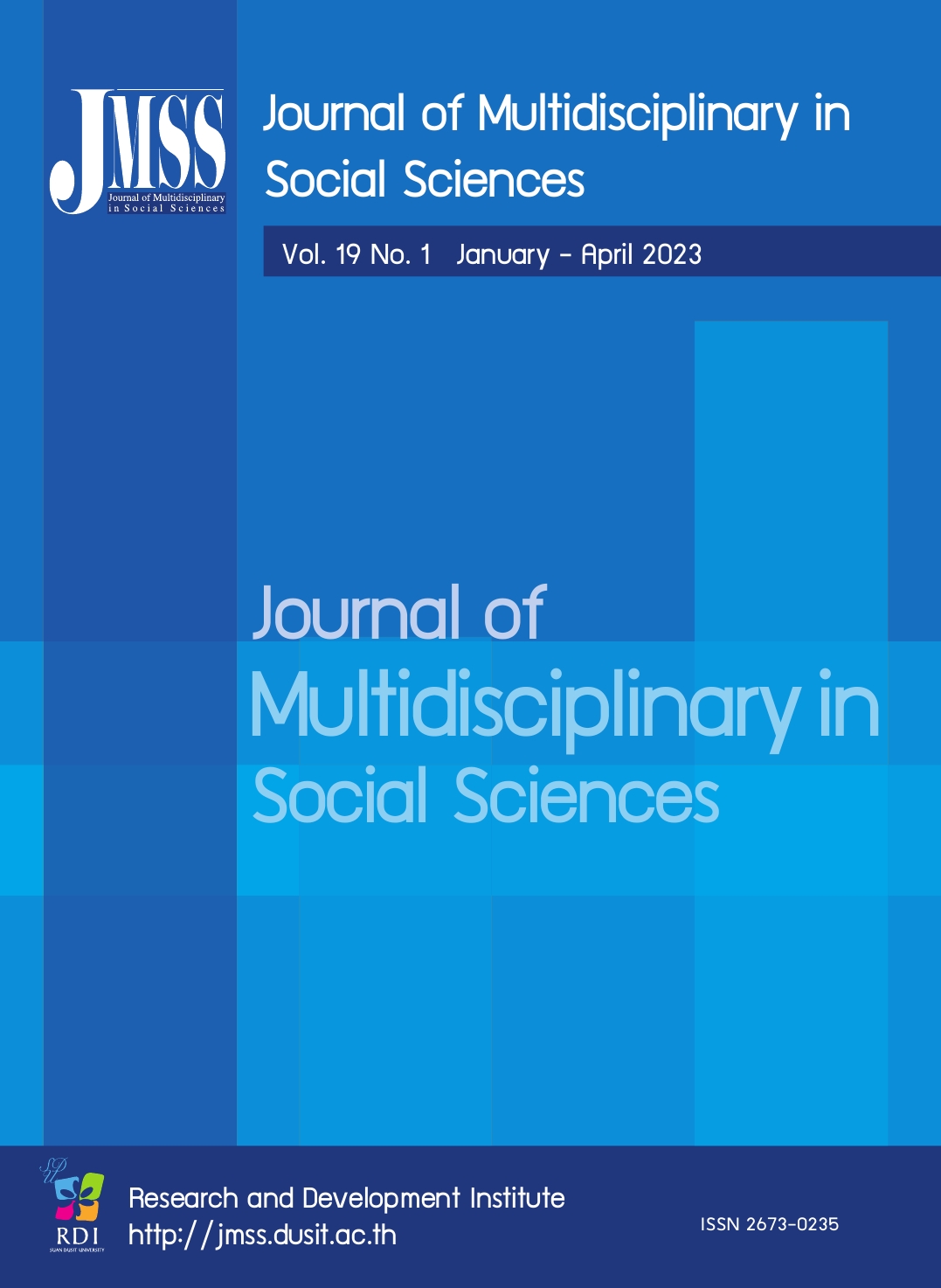Organizational Culture of State Universities: Cultivating Through the Lens of Faculty
Keywords:
Organizational culture, State universities, Action planAbstract
Organizational culture is an important concept in understanding the dynamics and management of the performance of any organization. This study sought to reexamine the implications of organizational culture to the academic community of two state universities in Bukidnon, Philippines. The study employed a descriptive-cross-sectional method design with the use of descriptive statistics and qualitative data analysis. The results revealed that generally, the organizational culture of the two state universities in terms of involvement, consistency, adaptability, and mission traits were high. The faculty suggested a plan of action to cultivate the organizational culture which included: constant cascading of information to all stakeholders to develop mission traits; future thinking that anticipates future demands should be implemented to cultivate adaptability; building stronger employee relationships that provides opportunities to express opinions, provide concrete processes so that decision making would be easier for the top management, and designate school officials to be guided by the law.
References
Batugal, M.L. (2019). Organizational Culture, Commitment and Job Satisfaction of Faculty in Private-Sectarian Higher Education Institutions (HEIs). World Journal of Education, 9(2), 123.
Boyer, S. (2017) The importance of collaboration in the workplace. Retrieved January 1, 2022 from https://www.nutcache./blog/the-importance-of-collaborationin-the-workplace/
Denison, D. R. (1990). Corporate culture and organizational effectiveness. New York: John Wiley & Sons. Denison, D. R., Janovics, J., Young, J., & Cho, H. J. (2006). Diagnosing organizational cultures: Validating a model and method. Documento de trabajo. Denison Consulting Group, 1(1), 1-39.
Erickson, C. (2020) A framework to define and describe organizational culture. Retrieved January 1, 2022 from https://greatnotbig.com/2020/01/organizationalculture-framework/
Ghorbanhosseini, M. (2013). The effect of organizational culture, teamwork and organizational development on organizational commitment: The mediating role of human capital. Tehnički vjesnik, 20(6), 1019-1025.
Hofferberth, D. R., & Urich, J. (2011). The Effect of Culture on Performance. SPI Research, 2011.
Hofstede, G. (1980). Motivation, leadership, and organization: do American theories apply abroad? Organizational dynamics,9(1), 42-63. Huber, G. (1991). Organizational learning: The contributing processes and the literature. Organization Science, 2(1), 88-115.
Lacatus, M. (2013). Organizational culture in contemporary university. Procedia - Social and Behavioral Sciences, 76(2013), 421-425.
McMahon, M (2022). What are the most common organizational culture problems?. Retrieved March 10, 2022 from https://www.smartcapitalmind.com/what-are-themost-common-organizational-culture-problems.htm
Parscale, G. (2013). The importance of a clear mission and vision. Retrieved March 20, 2022 from https://www.allthingsplc.info/blog/view/216/the-importance-of-aclear-mission-and-vision
Racelis, A. (2005). An Exploratory Study of Organizational Culture in Philippine Firms. Philippine Management Review, 12(2005), 72-86.
Reeves, M., & Deimler, M. (2011). Adaptability: The new competitive advantage. Retrieved April 4, 2022 from https://hbr.org/2011/07/adaptability-the-new-competitiveadvantage
Schein, E. H. (2004). Organizational culture. Frankfurt: New York. Tierney, W. G. (1988). Organizational Culture in Higher Education: Defining the Essentials. The Journal of higher education, 59(1), 2–21.
Tucker, R. C. (2017). Philosophy and myth in Karl Marx. London: Routledge.
Villanca,A. (2019). A Causal Model of Organizational Culture, Psychological Attributes, School Environment and Performance of Faculty in Higher Education Institutions (Unpublished Dissertation), Bukidnon State University, Malaybalay City, Philippines
Xiong, A (2012). The importance of a strong organizational culture. Retrieved April 8, 2022 from https://www.mediaspacesolutions.com/blog/bid/122890/Theimportance-of-a-strong-organizational-culture
Zhang, M., Li, H. & Wei, J. (2008). Examining the relationship between organizational culture and performance: The perspectives of consistency and balance. Front. Bus. Res. China 2(2008), 256–276.
Downloads
Published
How to Cite
Issue
Section
License

This work is licensed under a Creative Commons Attribution-NonCommercial-NoDerivatives 4.0 International License.








